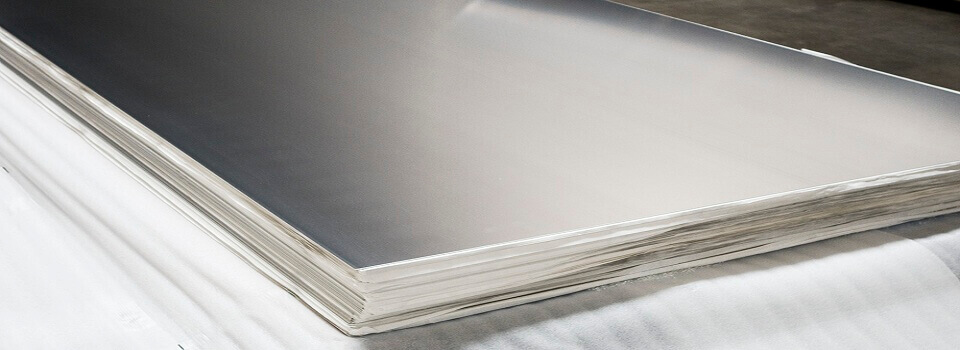Titanium Grade 3 Sheets & Plates Manufacturers, Titanium Grade 3 Sheets & Plates Exporters, Titanium Grade 3 Sheets & Plates Suppliers, Titanium Grade 3 Sheets & Plates Importers , Titanium Grade 3 Sheets & Plates Stockists.
Titanium Grade 3 Sheets & Plates Manufacturers In Banglore, Titanium Grade 3 Sheets & Plates Exporters In Banglore , Titanium Grade 3 Sheets & Plates Suppliers In Banglore, Titanium Grade 3 Sheets & Plates Importers In Banglore , Titanium Grade 3 Sheets & Plates Stockists In Banglore.
Titanium Grade 3 Sheets & Plates Manufacturers in India, Titanium Grade 3 Sheets & Plates Exporters in India , Titanium Grade 3 Sheets & Plates Suppliers in India, Titanium Grade 3 Sheets & Plates Importers in India , Titanium Grade 3 Sheets & Plates Stockists in India.
CP Titanium Grade 3 Plate, ASME SB 265 Gr 3 Plates Supplier in India, Distributor of Grade 3 UNS R50550 Plates, Titanium B265 Grade 3 HR Plate, Titanium GR 3 Sheets, Plates & Coils, ASME SB625 Titanium Gr3 Sheets, ASTM B265 Grade 3 Titanium Sheet, Titanium Grade 3 Cold Rolled Sheet, ASTM F136 Titanium Gr3 Plain Sheets, Titanium Grade 3 Shim Sheet, Titanium Gr3 Perforated Sheet Supplier & Exporter
Titanium Grade 3 Plates, which is routinely alloyed with aluminum (to refine grain measure), vanadium, copper (to set), iron, manganese, molybdenum, and different metals. Titanium Grade 3 Plates Further, since Titanium Grade 3 Plates does not respond inside the human body, it and its composites are utilized to make fake hips, pins for setting bones, and for other standard enhancements. Titanium UNS R50550 Plates is other than utilized in airframe skin, heat exchangers, cryogenic vessels, pieces for CPI gear, condenser tubing, exhaust pipe covers, and so forth.
Titanium Grade 3 Plates is unbelievably utilized in applications, for example, cries, flying machine key, honeycomb, gaskets, plane skin, heat exchanger parts, etc. Ti Grade 3 Plates has moderate quality and mind blowing infirmity restricting properties. It gives hair-raising welding properties and has stunning security from oxidation and crumbling.
Assessment 3 Titanium Plates offers irrelevant higher mechanicals when pulled back and Commercially Pure Grade 2 while showing up in a general sense ill defined versatility and formability. Appraisal 3 Ti Plates is more grounded than Grades 1 and 2, relative in flexibility and just genuinely less formable – yet it has higher mechanicals than its specialists.
Ti Gr 3 Plates has Moderate Strength Titanium, Moderate Formability, Excellent Weldability, Excellent Corrosion Resistance and that is just the begin. ASTM F67 GR 2 Plates is an unalloyed titanium grade with medium oxygen content and laid out by high bore. By at that point, this AMS 4900 GR 2 Plates is least utilized of the monetarily unadulterated titanium grades, in any case that does not make it any less pivotal.
Titanium Grade 3 Sheet, Plate Specifications
Titanium Grade 3 Sheet Plate Equivalent Grade
| STANDARD | WERKSTOFF NR. | UNS |
| Titanium Grade 3 | 3.7055 | R50400 |
Titanium Grade 3 Sheet Plate Chemical Compositions
| Grade | C | N | O | H | Ti | Fe |
| Titanium Gr 3 | 08 max | 05 max | 35 max | 15 max | Bal | 30 max |
Titanium Grade 3 Sheet Plate Mechanical Properties
| Min.Tensile(KSI) | Tensile KSI Min |
Yield KSI Min/Max |
Tensile Modulus | Poisson’s Ratio |
| 50 | 40 | 14.9 | 103 GPa | 0.34-0.10 |
Titanium Grade 3 Sheet Plate Physical Properties
| Density | 0.163 lbs/in³ ,(4.51 g/cm³) |
| Mean Coefficient of Thermal Expansion, in/in/°F (mm/m/°C): | 70- 212°F (20- 100°C) 4.78 x 10-6(8.6) |
| Thermal Conductivity: BTU-in/h-ft-°F (W/m-°K): | At 70°F (21°C): 138 (19.9) |
| Modulus of Elasticity, ksi (MPa) | 15.2 x 10³ (105 x 10³) in tension |
| Melting Point | 3020°F (1660°C) |
Titanium Grade 3 Sheet Plate Applications
- Sugar Industry
- Oil & Gas Industries
- Petrochemical Industries
- Power Plants Industry
- Fertilizers Industries
- Chemical Industries
- Pharmaceuticals, Dairy Foods & Breweries Industry
Domestic Area
Our Export
Titanium Sheet/Plate
- Titanium Gr 1 Sheets & Plates
- Titanium Gr 2 Sheets & Plates
- Titanium Gr 3 Sheets & Plates
- Titanium Gr 4 Sheets & Plates
- Titanium Gr 5 Sheets & Plates
- Titanium Gr 6 Sheets & Plates
- Titanium Gr 7 Sheets & Plates
- Titanium Gr 9 Sheets & Plates
- Titanium Gr 11 Sheets & Plates
- Titanium Gr 12 Sheets & Plates
- Titanium Gr 23 Sheets & Plates
